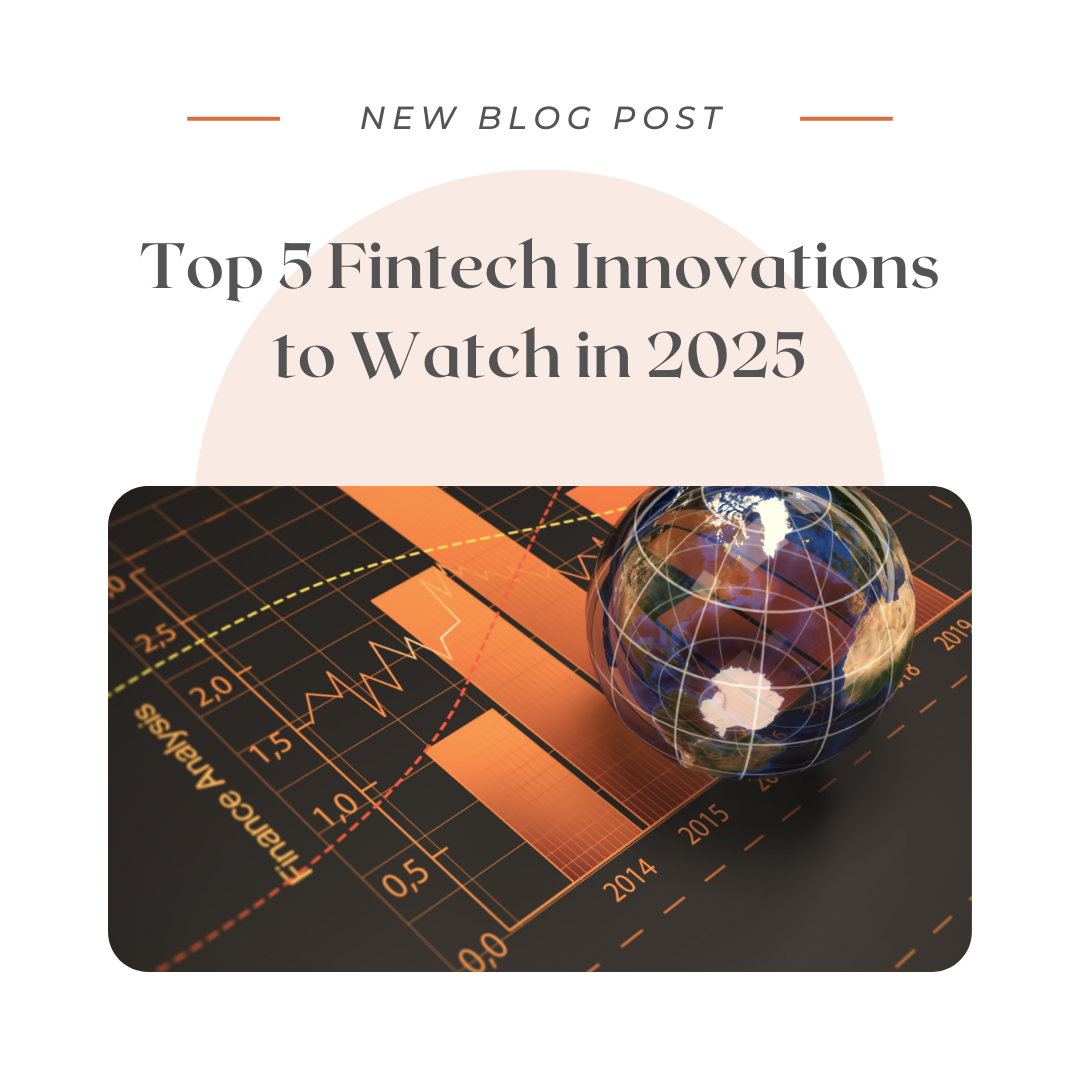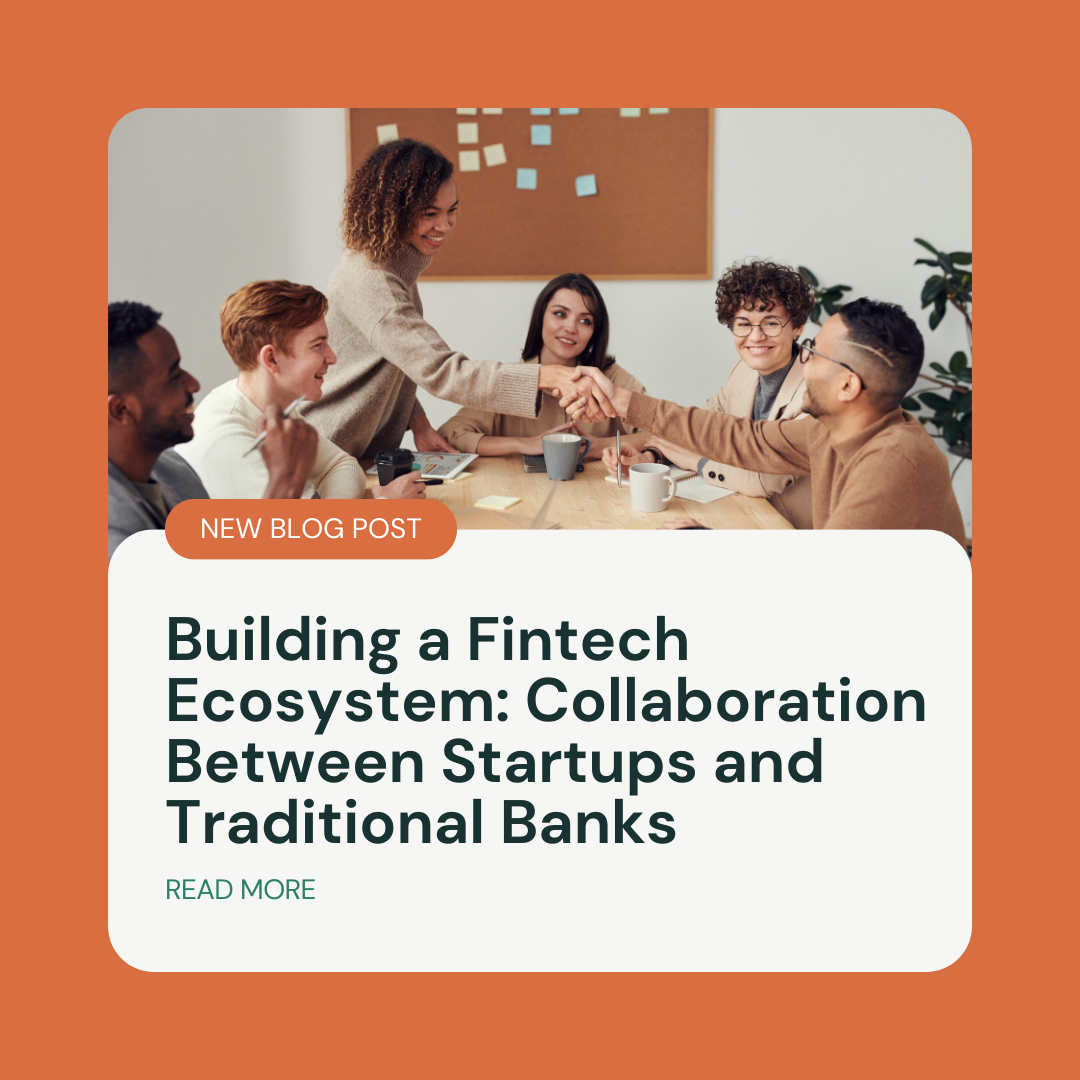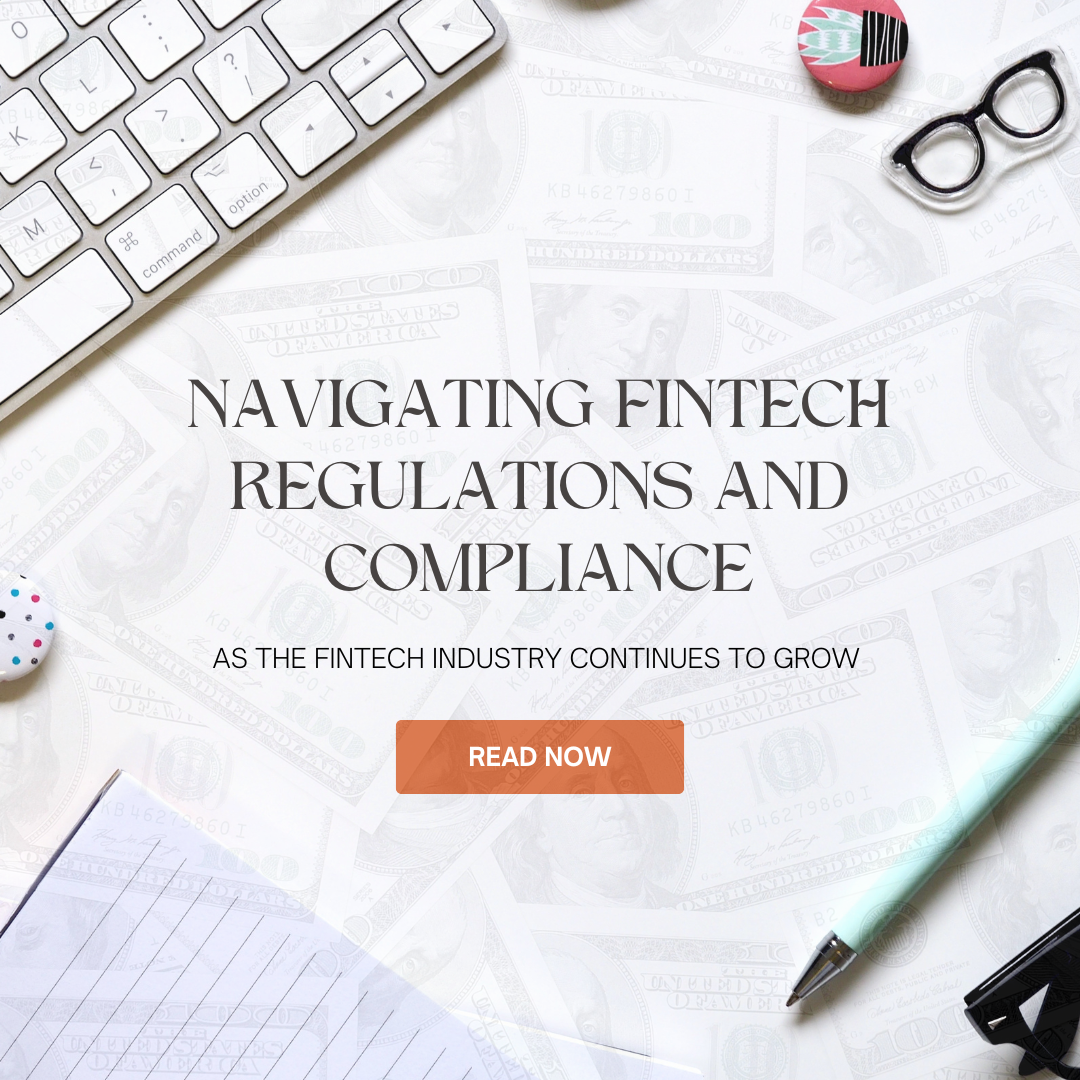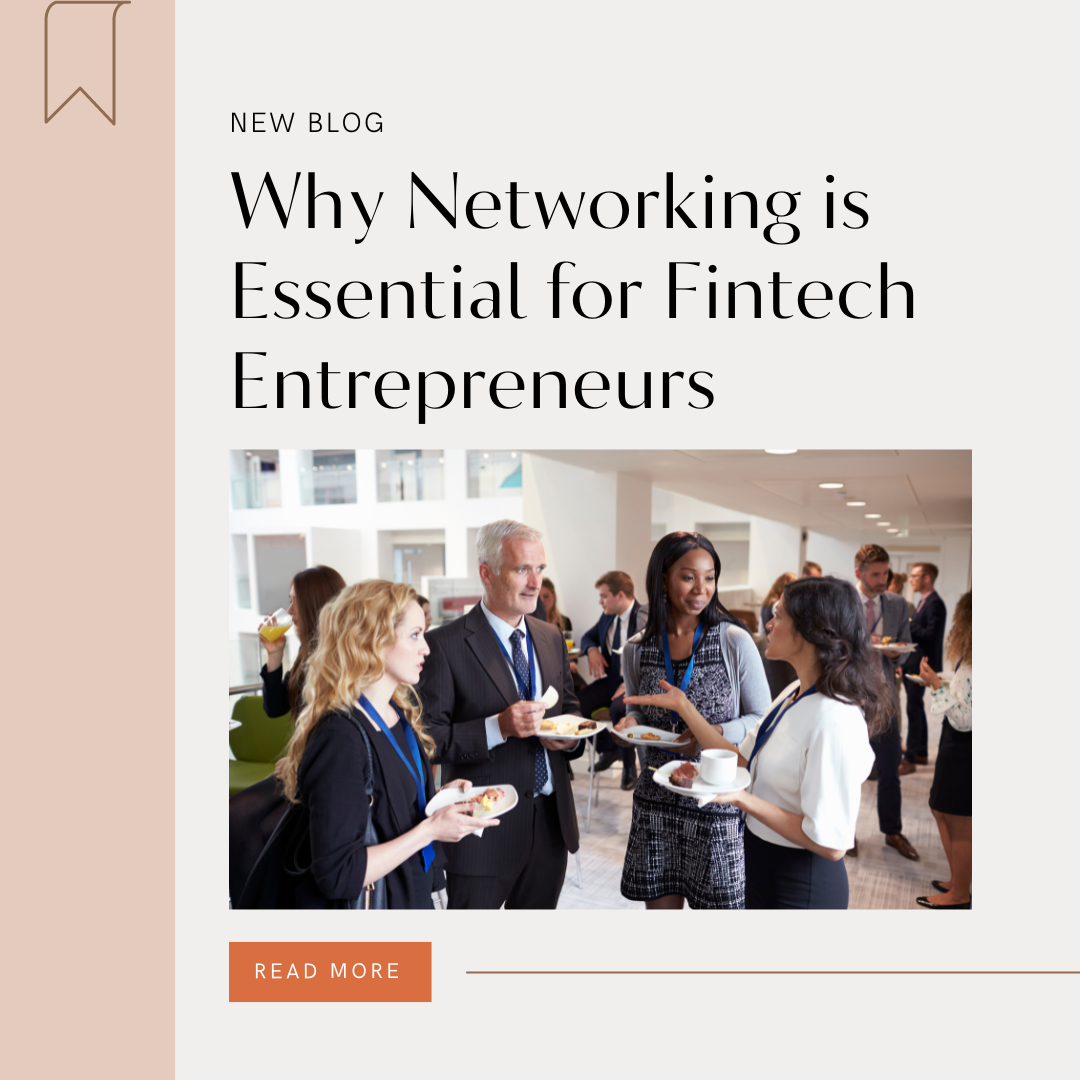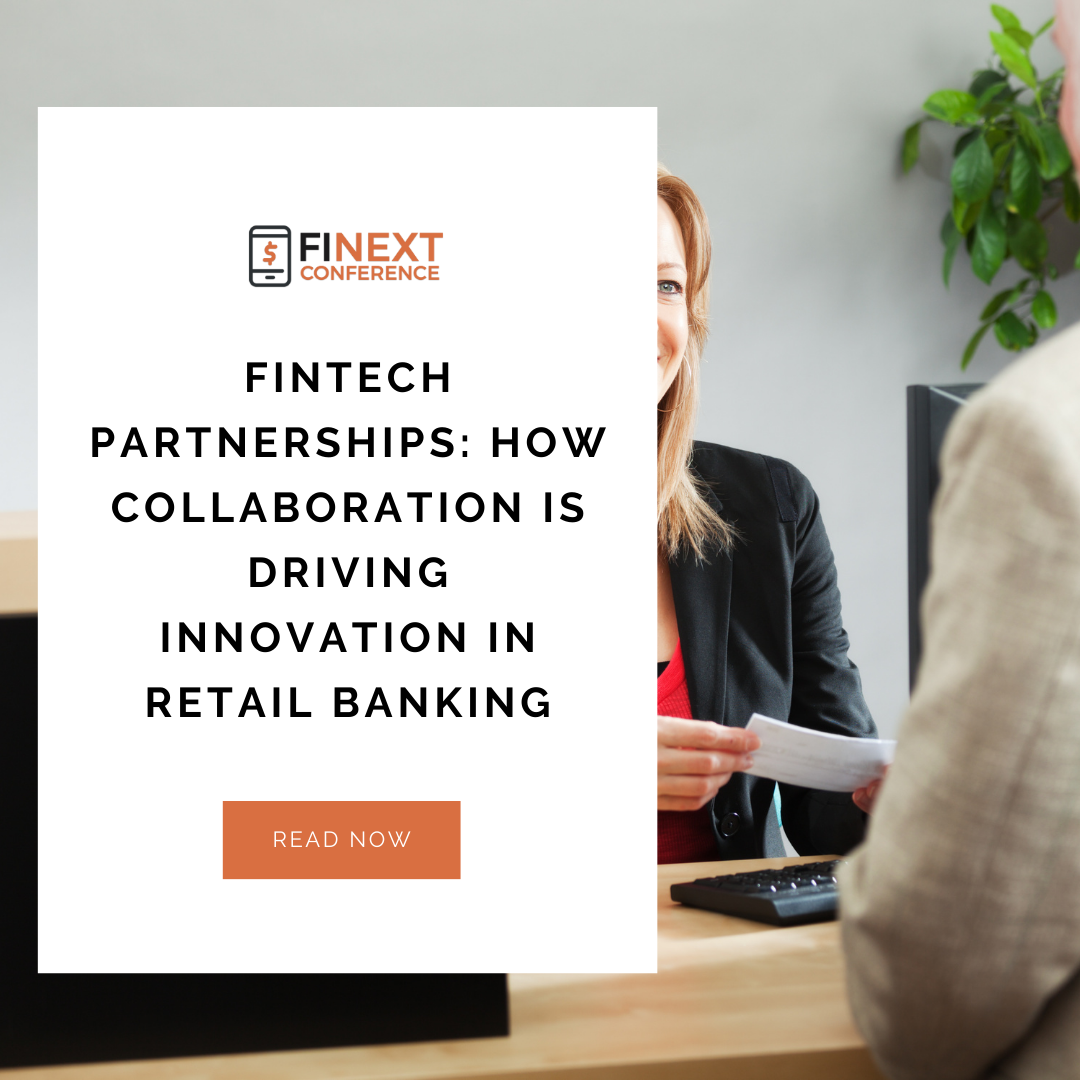Top 5 Fintech Innovations to Watch in 2025
Tag: Fintech Expo in Dubai
The Impact of Generative AI on Customer Interactions
In recent years, the landscape of customer interactions has been reshaped by the advent of advanced technologies, with generative artificial intelligence (AI) emerging as a game-changer. Generative AI refers to a type of AI that can create new content, including text, images, and even videos. This innovative technology is transforming how businesses communicate with their customers, offering unprecedented levels of personalization and efficiency. Understanding Generative AI Generative AI leverages machine learning algorithms to create content that mimics human-like interactions. Unlike traditional AI, which focuses on analyzing and interpreting data, generative AI can produce entirely new data points based on patterns it has learned. This capability is particularly valuable in the realm of customer interactions, where the ability to craft personalized and relevant responses can significantly enhance customer satisfaction. Enhancing Customer Support One of the most significant impacts of generative AI is in the field of customer support. Chatbots and virtual assistants powered by generative AI can handle a wide range of customer inquiries, providing instant and accurate responses. These AI-driven systems can understand context, remember previous interactions, and even generate empathetic responses, creating a more natural and engaging customer experience. Personalized Marketing Strategies Generative AI is also revolutionizing marketing strategies by enabling highly personalized content creation. From generating tailored emails to creating personalized product recommendations, AI can help businesses deliver targeted marketing messages that resonate with individual customers. This level of personalization can lead to higher engagement rates, increased customer loyalty, and ultimately, better sales outcomes. Streamlining Customer Service Operations In the realm of customer service operations, generative AI can automate repetitive tasks, freeing up human agents to focus on more complex issues. For instance, AI can handle routine inquiries, process returns, and provide updates on order status, thereby reducing wait times and improving overall service efficiency. This not only enhances the customer experience but also optimizes resource allocation within the organization. The Future of Generative AI in Customer Interactions As generative AI continues to evolve, its potential in customer interactions is expected to grow exponentially. Future advancements may include more sophisticated language models, improved natural language understanding, and the ability to generate multimedia content. These developments will further enhance the capability of AI to engage customers in meaningful and impactful ways. Join Us at the FiNext Conference To stay ahead of the curve in the rapidly evolving world of financial technology, it is crucial to engage with the latest trends and innovations. The FiNext Conference, organized by InternetShine Corporation, is a premier event that brings together professionals and organizations in the fintech sector to learn, network, and collaborate. The conference, scheduled to be held in Dubai from February 10–11, 2025, will cover a range of topics, including the future of financial services and the role of emerging technologies like generative AI. Attendees will have the opportunity to participate in informative sessions, panel discussions, and an award ceremony, all aimed at bridging the gap between traditional banking and cutting-edge technologies. By attending the FiNext Conference, you can gain valuable insights… Continue Reading The Impact of Generative AI on Customer Interactions
Building a fintech ecosystem requires a strategic collaboration between startups and traditional banks, leveraging their unique strengths to innovate and enhance financial services. This partnership is crucial in a rapidly evolving financial landscape where customer expectations are changing, and technological advancements are reshaping the industry. Understanding the Fintech Ecosystem A fintech ecosystem is a network of interconnected organizations—including startups, traditional banks, investors, and regulatory bodies—working together to create innovative financial solutions. This collaborative environment fosters the development of new technologies that can disrupt traditional banking models and improve service delivery. The ecosystem is characterized by: The Role of Startups and Traditional Banks Startups: Innovators at the Core Fintech startups are often at the forefront of technological innovation. They bring agility, creativity, and a deep understanding of customer needs. Their advantages include: Traditional Banks: Stability and Trust On the other hand, traditional banks offer stability, established customer bases, and compliance expertise. Their strengths include: Benefits of Collaboration The collaboration between startups and traditional banks can lead to numerous benefits: Key Strategies for Building a Successful Ecosystem To effectively build a fintech ecosystem through collaboration, consider the following strategies: Conclusion The future of financial services lies in the successful collaboration between fintech startups and traditional banks. By leveraging each other’s strengths—startups’ agility and innovation alongside banks’ stability and trust—these entities can create a robust fintech ecosystem that not only meets current consumer demands but also anticipates future trends. As this partnership evolves, it will play a pivotal role in shaping the financial landscape, driving innovation, enhancing customer experiences, and ultimately fostering economic growth.
Navigating Fintech Regulations and Compliance
Navigating Fintech Regulations and Compliance
Top Tips for Managing Personal Finances with Fintech Tools
Top Tips for Managing Personal Finances with Fintech Tools
Why Networking is Essential for Fintech Entrepreneurs
Why Networking is Essential for Fintech Entrepreneurs
Top 10 Finance Conferences in Dubai 2025 You Can’t Miss
Dubai has firmly established itself as a global financial hub, attracting industry leaders, innovators, and investors from around the world. In 2025, the city is set to host a series of finance conferences that will provide unparalleled opportunities for networking, learning, and collaboration. Here are the top 10 finance conferences you should not miss in Dubai this year: Top 10 Finance Conferences Dubai 2025 1. FiNext Awards & Conference Date: February 12-13, 2025Venue: Le Meridien Dubai Hotel & Conference Centre Dubai The FiNext Awards & Conference Dubai 2025 is a premier event designed to bring together the brightest minds and leading innovators in the financial technology (FinTech) industry. Scheduled for February 12-13, 2025, this event will be held in the dynamic and cosmopolitan city of Dubai, known for its rapid advancements in technology and finance. 2. Fintech Innovation Forum Date: April 15-16, 2025Venue: Jumeirah Emirates Towers The Fintech Innovation Forum is a must-attend for anyone interested in the intersection of technology and finance. This event will feature presentations from leading fintech startups, panel discussions on the latest innovations, and networking sessions with industry pioneers. 3. Islamic Finance Conference Date: May 20-22, 2025Venue: The Ritz-Carlton, Dubai Focused on the growing field of Islamic finance, this conference will explore the principles, opportunities, and challenges of Sharia-compliant financial products. Attendees will have the chance to hear from experts in Islamic banking, sukuk (Islamic bonds), and ethical investing. 4. Global Investment Summit Date: June 10-11, 2025Venue: Burj Al Arab The Global Investment Summit attracts investors, asset managers, and financial advisors from around the world. Discussions will cover a wide range of topics, from emerging markets to sustainable investments, providing valuable insights for anyone looking to diversify their portfolio. 5. Dubai Blockchain Conference Date: July 22-24, 2025Venue: Dubai International Financial Centre With blockchain technology continuing to revolutionize the finance industry, the Dubai Blockchain Conference is the place to be for cutting-edge developments in this space. Attendees will learn about the latest use cases, regulatory updates, and investment opportunities in blockchain and cryptocurrency. 6. Wealth Management Expo Date: August 12-13, 2025Venue: Address Downtown Dubai The Wealth Management Expo is tailored for private bankers, financial advisors, and high-net-worth individuals. The event will feature workshops and seminars on wealth preservation, estate planning, and the latest strategies for wealth accumulation. 7. Middle East Banking Forum Date: September 15-16, 2025Venue: Atlantis, The Palm This forum brings together banking professionals from across the Middle East to discuss regional banking trends, regulatory changes, and the future of digital banking. It’s an excellent opportunity for networking and gaining insights into the Middle Eastern banking sector. 8. Dubai Venture Capital Conference Date: October 5-6, 2025Venue: One&Only Royal Mirage Startups and venture capitalists converge at the Dubai Venture Capital Conference to explore funding opportunities and investment trends. This event is perfect for entrepreneurs seeking capital and investors looking for the next big thing. 9. Financial Regulatory Summit Date: November 10-11, 2025Venue: Conrad Dubai The Financial Regulatory Summit addresses the evolving landscape of financial regulation. Attendees will gain… Continue Reading Top 10 Finance Conferences in Dubai 2025 You Can’t Miss
The Rise of Payment Gateways in the Gulf: A Digital Transformation
Introduction The Gulf region, encompassing countries like Saudi Arabia, the United Arab Emirates, Qatar, Oman, Kuwait, and Bahrain, is witnessing a rapid digital transformation. One of the most significant developments in this digital revolution is the rise of payment gateways. These financial services play a crucial role in facilitating online transactions, ensuring seamless and secure payment processes for businesses and consumers alike. In this blog, we will explore the growth, key players, and the future of payment gateways in the Gulf. The Growth of E-commerce and Digital Payments The Gulf region has seen a substantial increase in e-commerce activities over the past decade. Factors such as high internet penetration, widespread smartphone usage, and a young, tech-savvy population have contributed to this growth. As more businesses and consumers embrace online shopping, the demand for reliable and efficient payment gateways has surged. Key Players in the Gulf’s Payment Gateway Market Several payment gateway providers have established a strong presence in the Gulf region. Some of the key players include: PayTabs: Headquartered in Saudi Arabia, PayTabs is one of the leading payment gateway providers in the Middle East. It offers a range of services, including online payment processing, invoicing, and mobile payments. Network International: Based in the UAE, Network International is a prominent payment solutions provider in the Gulf region. It offers a comprehensive suite of services, including payment processing, merchant acquiring, and fraud prevention. Telr: Another UAE-based company, Telr, provides online payment solutions for businesses of all sizes. It offers a secure and scalable platform for processing payments in multiple currencies. Moyasar: A Saudi Arabian payment gateway, Moyasar, offers a user-friendly interface and supports various payment methods, including credit cards, bank transfers, and digital wallets. Features and Benefits of Payment Gateways Payment gateways in the Gulf region offer a range of features and benefits that cater to the diverse needs of businesses and consumers: Challenges and Opportunities Despite the numerous benefits, there are challenges that payment gateways in the Gulf region must address: The Future of Payment Gateways in the Gulf The future of payment gateways in the Gulf region looks promising. As digital transformation continues to accelerate, the demand for efficient and secure payment solutions will only grow. Key trends to watch include the rise of mobile payments, the adoption of blockchain technology, and the integration of artificial intelligence to enhance fraud detection and prevention. Conclusion Payment gateways are playing a pivotal role in the Gulf’s digital economy, enabling businesses to thrive in the online marketplace and providing consumers with secure and convenient payment options. As the region continues to embrace digital transformation, the importance of payment gateways will only increase, driving innovation and growth in the financial sector. For businesses looking to expand their online presence in the Gulf, partnering with a reliable payment gateway provider is a critical step towards success.
Fintech Partnerships: How Collaboration is Driving Innovation in Retail Banking
The financial landscape is undergoing a radical transformation, driven largely by the synergy between traditional retail banks and fintech companies. This collaboration is not just a trend; it is a fundamental shift in how financial services are delivered, aimed at enhancing customer experience, increasing operational efficiency, and fostering innovation. The Rise of Fintech in Retail Banking Fintech, short for financial technology, encompasses a wide range of applications, from mobile banking apps to blockchain technology. These innovations have introduced unprecedented levels of convenience, speed, and accessibility to financial services. Retail banks, recognizing the disruptive potential of fintech, have increasingly sought partnerships to stay competitive and relevant in an evolving market. Benefits of Fintech-Bank Collaborations Examples of Successful Fintech-Bank Partnerships Challenges and Considerations While fintech partnerships offer numerous benefits, they also present challenges. Regulatory compliance, data security, and cultural differences between traditional banks and fintech startups can pose significant hurdles. Successful collaborations require clear communication, aligned goals, and a mutual understanding of each partner’s strengths and limitations. The Future of Fintech-Bank Collaborations The future of retail banking will undoubtedly be shaped by continued collaboration between banks and fintech companies. As technology evolves, we can expect even more innovative solutions that will redefine banking. For instance, the rise of decentralized finance (DeFi) and blockchain technology could further disrupt traditional banking models, prompting even deeper collaborations. In conclusion, fintech partnerships are driving a wave of innovation in retail banking. By leveraging each other’s strengths, banks and fintech companies can create more efficient, inclusive, and customer-centric financial services. This collaboration is not just beneficial; it is essential for the future of banking.
